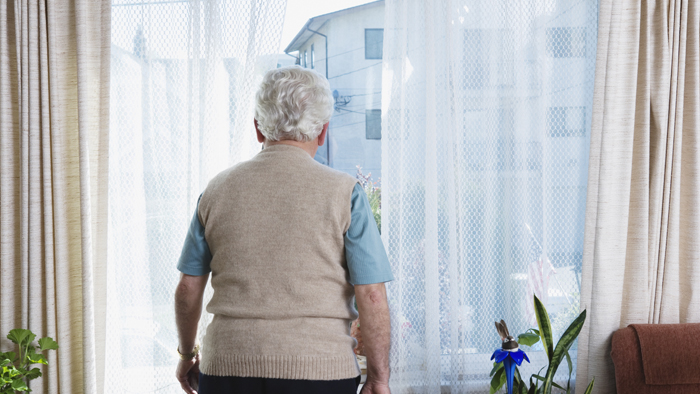
Have you ever known people who characterize themselves as upbeat, positive, and happy but who consistently talk about the hassles and hurts of their lives?
I had a friend who characterized her life as happy and satisfying. Whenever we’d get together, however, she complained vehemently about disappointments in people and things that went on in her life. I’d hear the same stories of doom and gloom every single time we’d get together — for years. It was confusing to me because I couldn’t figure out if she was a happy person experiencing disappointments — as we all do from time to time — or if she was a person who would say she’s happy but then live her life in a constant state of disappointment.
Brene Brown says it’s easier to live disappointment than experience disappointment. She feels we avoid trying to fix the problem if we live a problematic life overall rather than just experience problems from time to time.
We get into habits that form the outline of how we live.
Living in disappointment quickly becomes a lifestyle. And it’s a fairly popular lifestyle! Look around. People are expressing disappointment day in and day out, complaining about anything and everything. We teach ourselves and then our children not to expect much because we’ll only be disappointed.
People will look at you quizzically if you’re happy all the time. You may be called a Pollyanna, naive, out of touch, or in denial. You might be accused of “faking it.” Being cheerful and happy all the time is not as fashionable as being dejected and playing victim. We see a lot of unhappiness and bitchy resting faces of celebrities and notable people, including politicians and even religious figures. At rest they can look judgmental or hostile or, the very least, bored!
What we need is a reality check.
I recently wrote a piece about our actions matching our words. We need to pay attention to that if we’re going to move from disappointment to joy and contentedness. I’m not saying never express disappointment; just pay attention to how much it pervades your words, actions, and feelings. Perhaps it’s time to sit yourself down and be honest about the main characteristics of your lifestyle.
While I think I’m not that senior citizen who constantly complains about medical conditions when I get together with my friends, the first thing we do when we get together is carry on about our ailments and treatment plans! Dwelling on diminishing physical realities sets the tone for living with disappointments.
What can we do to shift the paradigm?
Is it possible to go from living a lifestyle of unhappiness to one of joy and contentment? Is it one of those “the more you talk about it, the more it happens” things? I’m not sure how to shift the paradigm, but I do like Brene Brown’s tried-and-trues: listen to yourself, be willing to be vulnerable in unfettered joy, and practice self-compassion when trying to make a significant lifestyle change.
My experience
Disappointment doesn’t define my life, but there ARE some repetitive patterns I would like to change. Here is one thing I’m going to try: The next time I’m with my girlfriends and the conversation kicks off with health issues, I’m going to listen but not share. I’m not out to be rude or try to change anyone else, so I’ll listen with love and care.
What about you? Does a thread of disappointment weave through your days? Do you compare negative notes with friends when you get together? Have you found yourself repeatedly outdoing someone else in a conversation about past disappointments?
The inertia of disappointments pushes us down. It takes work to break the cycle. Do you have the strength to avoid letting disappointments characterize your life?


Great article. To watch how we actually show up, relate to ourselves and our world..Well done.
Thank you Ruth. I’m glad you see the “human-ness” that sometimes we can be oblivious to.
Great article! I like your action plan about listening with love & care but not commenting or trying to change someone. I would love to hear how that goes for you. I think I will try it too. Thanks for writing this article!
I failed miserably on my first attempt, Debbie, but I laughed it off and will try again next time.
Thanks!
When I catch myself (complaining) voicing my disappointments about other people or how things didn’t go “right”, I ask myself what am I really feeling? So often what is really going on is that I’m feeling unconnected and less-than. A big signal for me to regroup and remember who I really am!
Great perspective, Jan. Thanks for sharing!